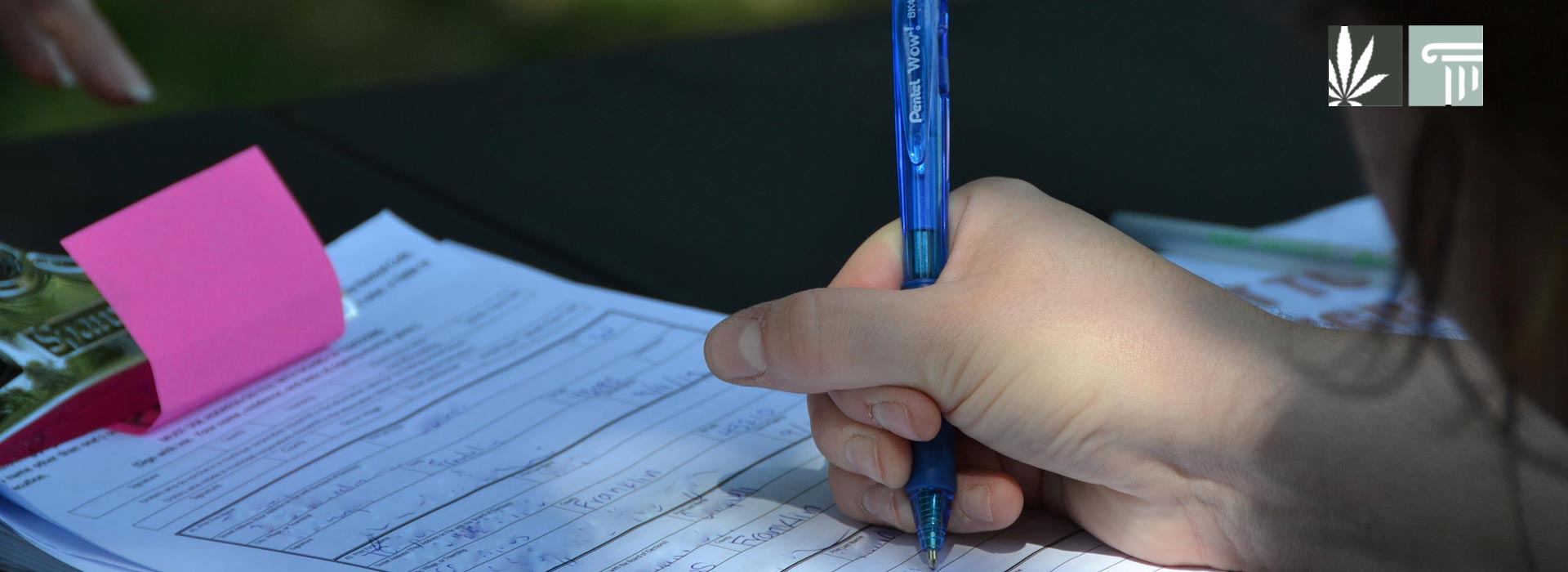Idaho Supreme Court ruled a proposed law that would establish further requirements for a measure to qualify for the ballot is unconstitutional.
Earlier this year, Gov. Brad Little signed a bill – SB 1110 – that would compel petitioners to gather signatures from a minimum of 6 percent of registered voters in each of Idaho’s 35 legislative districts in order for a measure to make it onto the ballot. Under the current rules, petitioners must collect signatures from at least 18 districts. The Supreme Court, however, determined that the law change, in effect as of July 1, represents an unconstitutional infringement of the right to petition.
The Idaho Supreme Court has released an opinion in Gilmore v. Denney & Reclaim Idaho v. Denney, on the constitutionality of recent legislation involving the people's initiative and referendum powers. Read the opinion, concurrence & dissent here: https://t.co/1EdFmjvJ7f #idpol
— Idaho Supreme Court (@idcourts) August 23, 2021
The court’s ruling is a boost to marijuana reform advocates seeking to put a cannabis reform proposal – the Personal Adult Marijuana Decriminalization Act (PAMDA) – to voters in 2022. The initiative had been certified and given the green light for collecting signatures as of last month.
“We are excited that the Idaho Supreme Court recognized that SB 1110 was an obviously unconstitutional attempt to kill petitioning rights,” said Russ Belville of Legalize the Idaho Way, Inc. and chief petitioner of PAMDA. “With this ruling, we are now able to move forward with our PAMDA initiative to decriminalize marijuana purchased legally out of state.”
Idaho Supreme Court has ruled SB 1110 unconstitutional, restoring the 18-district signature rule and invalidating the July 1 implementation change to allow legislature to repeal passed initiatives. This ruling means we can proceed with our PAMDA "Legalize the Drive" initiative.
— Legalize the Idaho Way, Inc. (@IdahoWayInc) August 23, 2021
Another group is attempting to put a medical cannabis legalization question on the 2022 ballot but it would have been unaffected by the change as those petitioners began collecting signatures before the proposed law came into force.
The case was brought before the Idaho Supreme Court by Reclaim Idaho, which is pursuing a separate ballot initiative concerning the funding of education.
Compared to marijuana legalization measures put before voters in other states, PAMDA is relatively modest in its aims. If approved by voters, it would make it legal for adults 21 and older to possess up to three ounces of cannabis on private property. It contains no provisions concerning the regulation and sales of marijuana, nor would it allow home cultivation of the plant. Rather, the idea is the measure would allow Idaho residents to legally purchase marijuana in neighboring states to bring home.
With the path now clear for PAMDA, Idaho is one of many states where residents are looking to put a cannabis reform proposal on next year’s ballot. The group behind PAMDA must now collect around 65,000 verified signatures from registered voters by May 1, 2022, in order to qualify for the ballot.
Last year, cannabis reform advocates in Idaho tried to get a medical marijuana legalization question on the 2020 ballot but the plan was abandoned due to the difficulty of collecting signatures with coronavirus measures in place, coupled with the state’s unwillingness to accommodate alternatives to in-person signatures.






